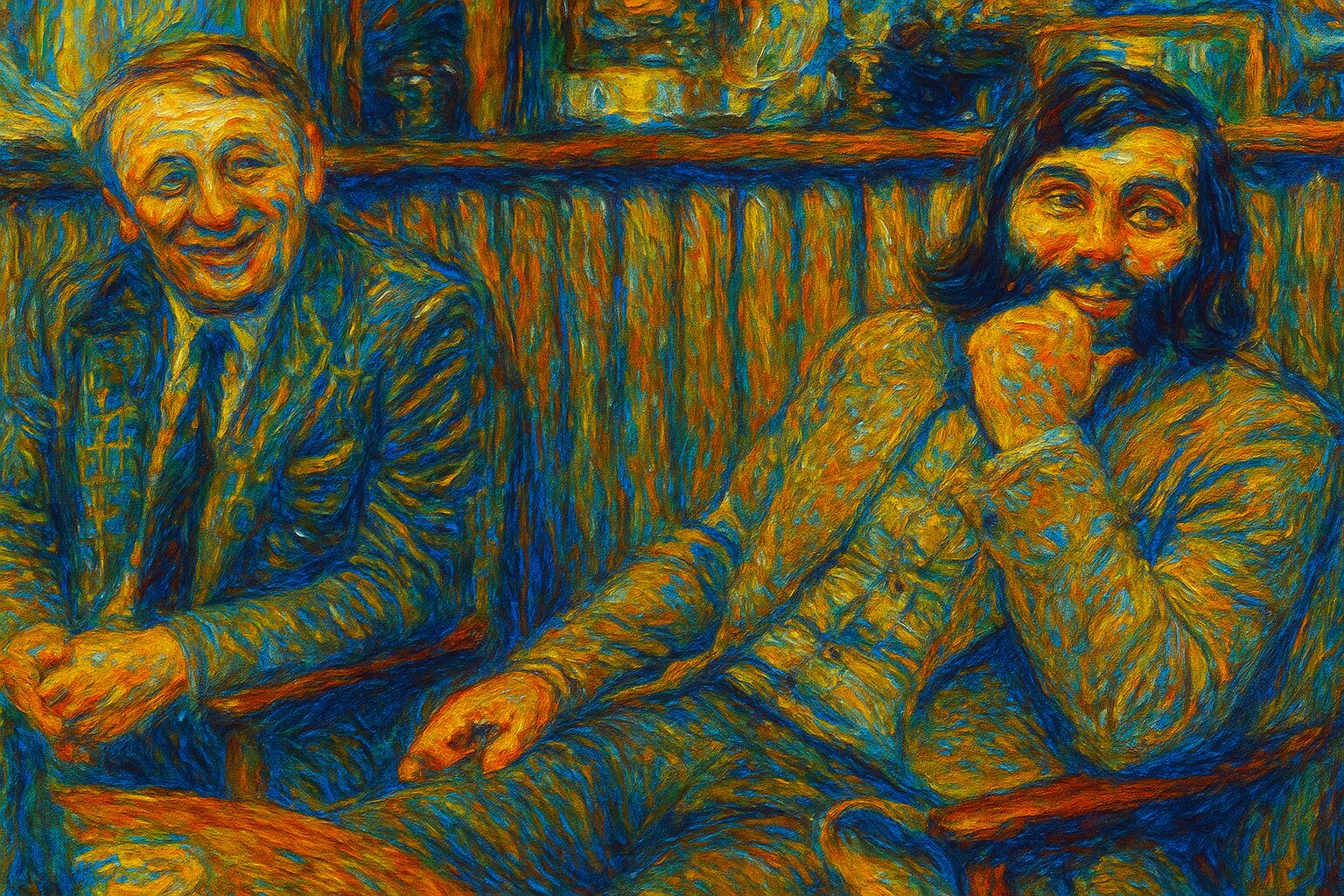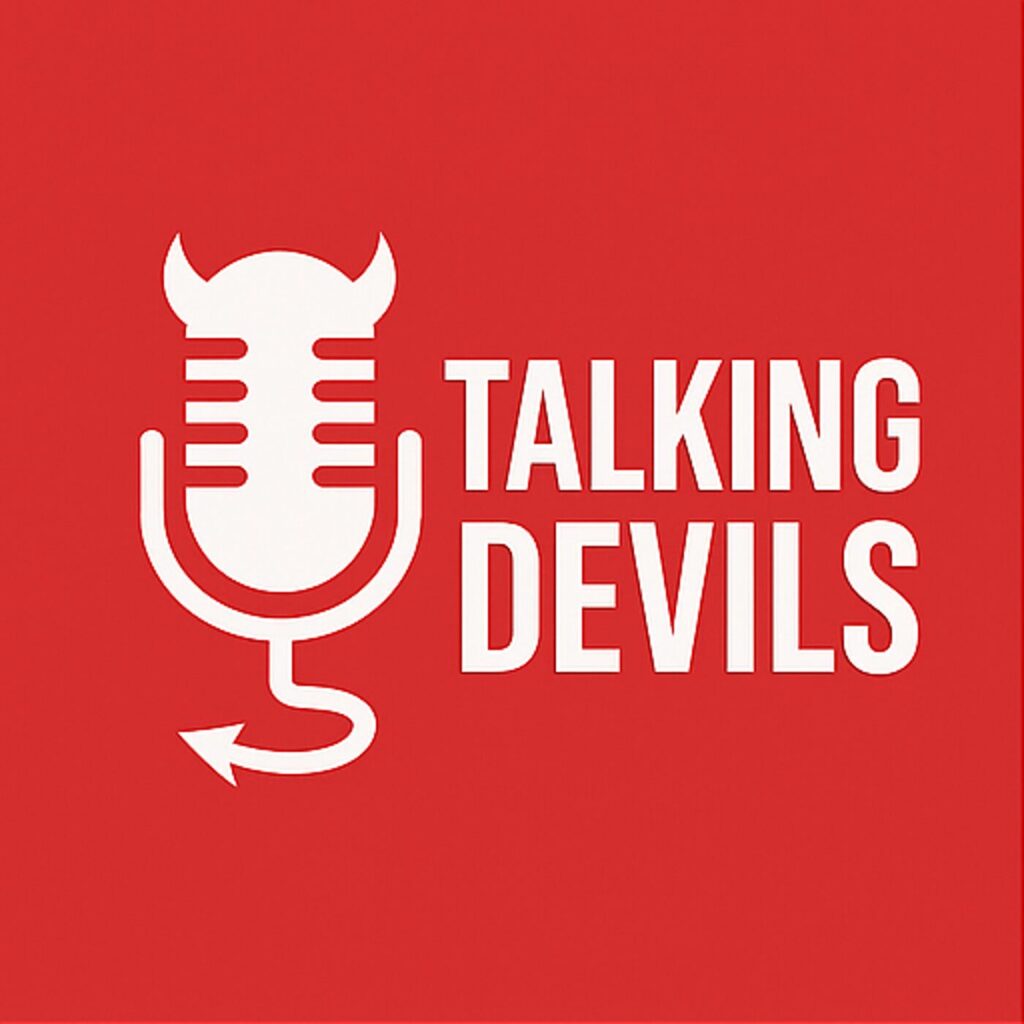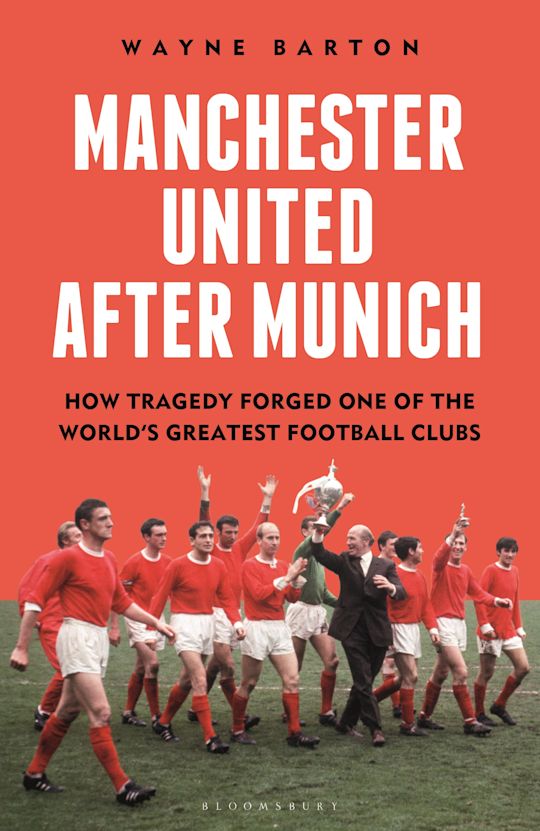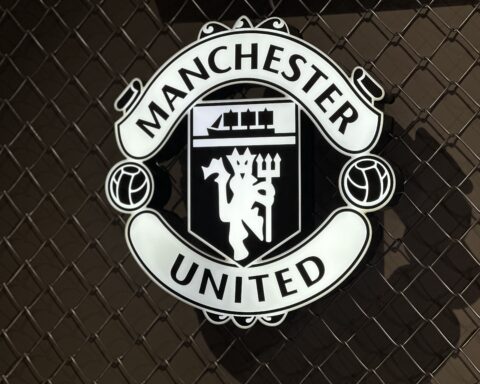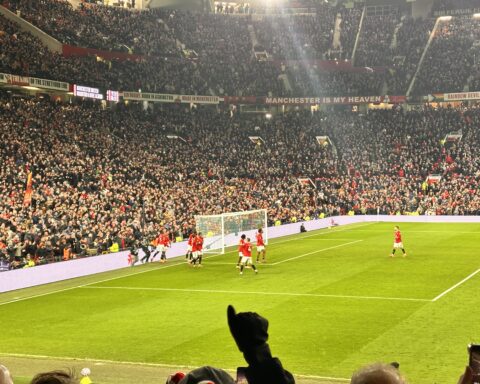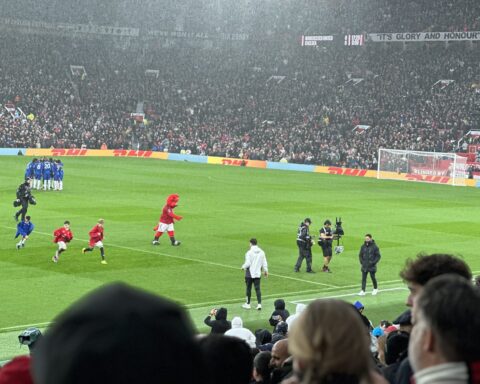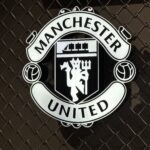If you’ve read any account of Manchester United’s history, you might be familiar with the story that is told at the point when George Best finally left Old Trafford in 1974 for the very last time.
Best had twice threaten to quit United, so disillusioned he had become with events at the club since the 1968 European Cup victory. The first time, he had to be brought back from Marbella in 1972. Later that year, when Frank O’Farrell was sacked, Best quit on the same day – but United retained his registration, and when the Northern Irishman ended up in hospital with thrombosis, Matt Busby convinced him to return and give it one more go under new manager Tommy Docherty.
Everyone was aware it was Best’s last chance. An agreement was reached where Best would only train sporadically and then still be allowed to play – though there are differing recollections about how often he turned up to the Cliff, all of those accounts say he trained fully and professionally when he was there.
Best was overweight but his talent and experience was needed so he was rushed back into action before he was properly ready; the electric burst of pace he once had was not present, and where he could once torment defenders multiple times in one move, now they had the capability to get back at him. And how they did. Revenge was sweet as this rough-housing generation kicked the forward from pillar to post, with the Northern Irishman suffering weekly, and his unmatched genius only showing flashes.
The legendary forward grew frustrated and knew that his enthusiasm was waning. He described United as having a promising development stream with the likes of Sammy McIlroy and Brian Greenhoff, but he and the club needed talent there and then to stem the tide. Over Christmas, Best sought solace in his business ventures, including his new nightclub Slack Alice; burning the candle at both ends led to a dismal performance at Queen’s Park Rangers where Best was kicked and United were beaten 3-0.
Here is where the story naturally goes – United played Plymouth Argyle in the FA Cup four days later. Best turned up to the game drunk and with a woman – Docherty told him he wasn’t playing, and Best walked out, saying if he wasn’t good enough to play against Plymouth, he wasn’t going to play at all.
That’s the myth. Here’s the truth.
Prior to the match with QPR, Docherty was in the boardroom with Rangers chairman Jim Gregory. Gregory was extremely ambitious and the Loftus Road side were building towards the early part of the greatest period in their history. Manager Gordon Jago was putting together a youthful, entertaining side and had even survived the departure of the flamboyant Rodney Marsh; Jago confessed to me that he had sleepless nights when it came to reinvesting the money of that sale even though Stan Bowles, arguably the greatest player in the club’s history, was Marsh’s replacement.
When Best had been on his leave of absence, QPR had been one of many teams interested if they could explore the technicalities of him being out of contract. When United made it clear they were retaining his registration, that interest cooled, but Gregory was enamoured by the 50% increase on his regular gate for the visit of United. He attributed that to Best, and not the team. He asked Docherty how much he’d be willing to part with Best; the United boss, who had started to feel that the legendary player was no longer a positive influence on what he was trying to rebuild, could scarcely believe his ears, and presented a number that was ‘tens of thousands’, according to Jago. Gregory could scarcely believe his own, and agreed.
Jago wasn’t sure – but the deal was done there and then between the United boss and QPR chairman. That afternoon, QPR beat United 2-0, and Best looked despondent. It was typical of what United fans had come to expect – a talented team full of verve sensing the opportunity to feast on a low-on-confidence and low-on-experience United side, with Best cast as the martyr, kicked all over the pitch and unable to contribute positively.
That evening, after the team returned to Manchester, Best went straight out, and was pictured in his club Slack Alice. Those pictures were printed in the newspaper. QPR boss Gordon Jago contacted Gregory and told him to pull the plug on the deal. Gregory reluctantly agreed.
Docherty was livid. He instructed trainer Tommy Cavanagh to keep Best away from the main group when he came into train later that week on Friday, but still named him in the team to face Plymouth. Best turned up as usual for the morning trip to Davyhulme Golf Club. Paddy Crerand and Sammy McIlroy recall Best being present and sober; he wasn’t late, wasn’t drunk and certainly didn’t have a woman.
Best’s recollection is that 75 minutes before the kick-off, Docherty took him and Crerand into the referee’s room and told him he wouldn’t be playing because he missed training on Thursday.
Best insisted that he would leave if he was deemed not good enough to play against Plymouth. He stayed inside the player’s lounge until the final whistle and admitted to Sammy McIlroy that he was finished. Once the crowd had emptied, Best went out into the south stand and sat down to remember the good times.
Crerand had urged Best to think about it. And he did. He reported for training on Monday morning. And Tuesday. And Wednesday. But he was training separately from the main group and on Thursday, when he didn’t turn up, Docherty used that as the moment to inform the board he wished to terminate Best’s registration once and for all.
He did not inform them about the QPR offer, nor how his fury at it being pulled back, and how that was the major influence on his decision to drop Best from the Plymouth game.
Docherty never revealed that side, and maintained the story about the late arrival and the woman, which was not ever corroborated by anyone.
And, really, in life where sliding doors moments are seen through the eyes and experiences of those who lived them, it’s often the case that crucial perspectives are lost; it was by pure chance that, through working with Gordon Hill, Gordon Jago contacted me after reading his autobiography, and asked me to write his.
So when it came to ask about the experience of managing a team against Best’s last-ever United game, that story came out – Gordon had no idea whatsoever how crucial it was to both disproving Docherty’s story and adding a motive for his actions.
There it is – the truth behind George Best’s exit from Manchester United. He had admitted it was his last chance, and probably didn’t hold out much conviction it would be successful. There is no doubting, however, he was heartbroken to be told once and for all his career at Old Trafford was done.
This story and others are told in True Genius – my family authorised biography of George Best. The paperback edition of the book was released this week and is available here or wherever you buy your books.
